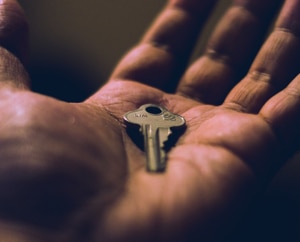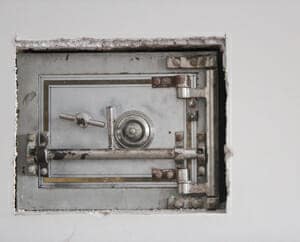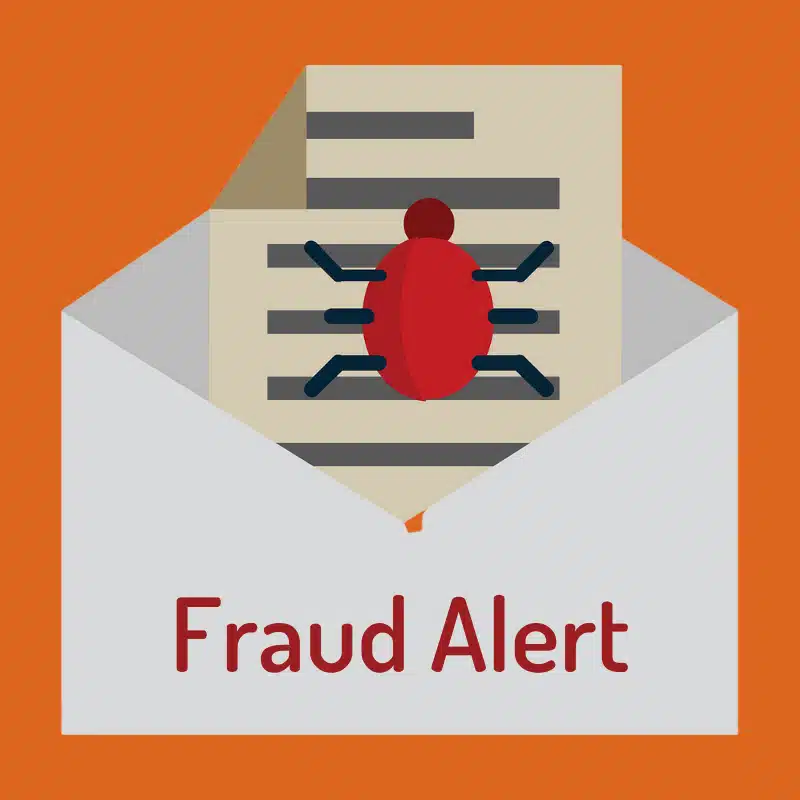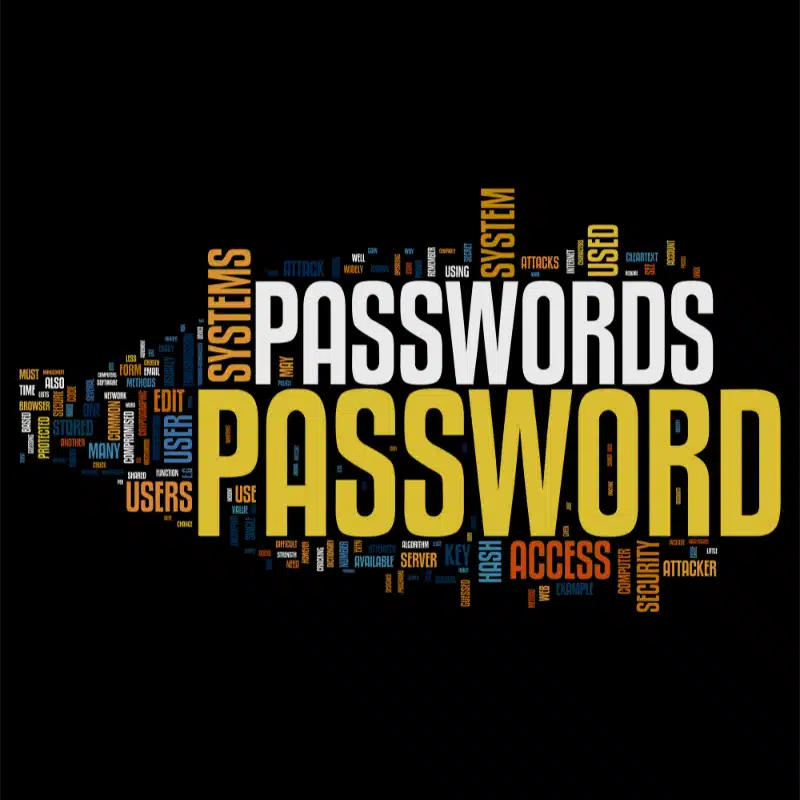

As we continue to push farther and farther into the digital era, it is increasingly important to take steps to protect your private, personal information online. Here at Worship Times we take a number of preventive and protective measures to secure the information stored on your website and what you share with us.
You must also take measures to protect your personal information. Imagine the damage that could be done if someone were to gain access to your ministry’s website. You only get one reputation. Let us give you some pointers to help protect all of your information online!
Any information worth something is protected behind a username and password. Your password acts as a key or combination into a vault of information from your email or bank account to your social media or waste management accounts. One simple, yet effective, measure that you can take to protect your information online is to use a strong password. Here are a few tips to help you get started:
It sounds straightforward, but far too often I see and hear about people who use the same password for all of their online accounts. Think about this for a second. If this person’s password is stolen in a data breach or in a company’s misuse of data and the hacker(s) start testing this person’s password and email address on other websites. In a matter of minutes they could cause pandemonium. You could quickly be shut out of your bank account, local utility website account, your phone company account, all of your social media accounts, and any other account that uses that email and password. Could you afford the damage that a single person could do in your name? Please, please, please never reuse passwords.
Contrary to popular belief, great passwords don’t have to be long, random strings of letters and numbers. Passwords need to be impossible to guess and long enough not to be cracked. Short, easy-to-guess passwords such as “password” or “123456” are not hard to guess, are not very long, and are very common. Someone that knows what they are doing can crack a password such as “password” in less than 3 milliseconds.
So, what type of password should you use? Something that is hard to guess, easy to remember, and long enough that it is infeasible to crack. Take Apple.com for example. When you need to log into Apple.com – or any website – you could come up with a question to remind you of the password you have set. For Apple.com you could ask yourself “What fruit beats an apple?” Your password would then be “Pearsbeatanapple1”. This password would be impossible to guess, long enough that it would be impossible to crack, unique to you, and satisfy password requirements such as a capital letter and number.
Changing your passwords every six to eight months is another great step to protect your online accounts. It can help prevent access to your accounts after data breaches and can keep you one step ahead of hackers. Now, we are not saying that you need to change every single one of your accounts every six months, but your critical accounts such as bank accounts, social media accounts, and email accounts are a good first step.
Changing passwords and having to sign back into your accounts on devices can be tedious, but 20-30 minutes twice a year is better than tens of hours trying to undo the damage caused by a hacker.
A password manager does exactly what you think it would do and more! It stores your passwords, credit cards, identities, notes, and more! It acts like your own personal vault of information that only you have the password to unlock.

Most password managers also have a password generator. You never have to worry about coming up with a strong password again. Your can choose how many symbols and numbers are used in your password and how long the password is! So, maybe the whole creating a question for each website you visit sounds like too much work? A password manager will be your best friend! It will create random passwords that are too long to crack and then remember them for you each time you need to sign in.
There are a number of great password managers. 1Password is a great choice, with a number of pricing options and family plans. It also runs on all of the major operating systems, phones, smartphones, and browsers. It is a paid service, but what is your private information worth? LastPass is another great, paid service. It works in essentially the same manner as 1Password with a few tweaks here and there.
Avoid “free” password managers. A good rule of thumb is that you will get what you pay for. 1Password and LastPass have both been around for years and are industry trusted and standard. Here at Worship Times we use 1Password for all of our secure information.

Using 2 Factor Authentication (2FA) is also a great idea. 2FA adds an additional layer of protection to your account. When signing into your account or accessing sensitive information stored in your account, you will not only need your username and password, but you will also need a six-digit code that will be sent to your phone number as a text message or through an app on your phone. This can further prevent unauthorized individuals from accessing your account.
We realize that getting serious about protecting your information online can be a large undertaking. However, nothing is more important than protecting yourself online.
If you find that a service you use has had a data breach and you know that you use the same password to log into you ministry’s website, please contact us as soon as possible! We will help make sure that your website is still secure and that all of your user’s passwords are changed.
If you have any questions about getting started or if you need some advice on what tools to use, please feel free to reach out to us and we can help point you in the right direction!




Copyright © 2008 - 2024. Worship Times. All rights reserved.